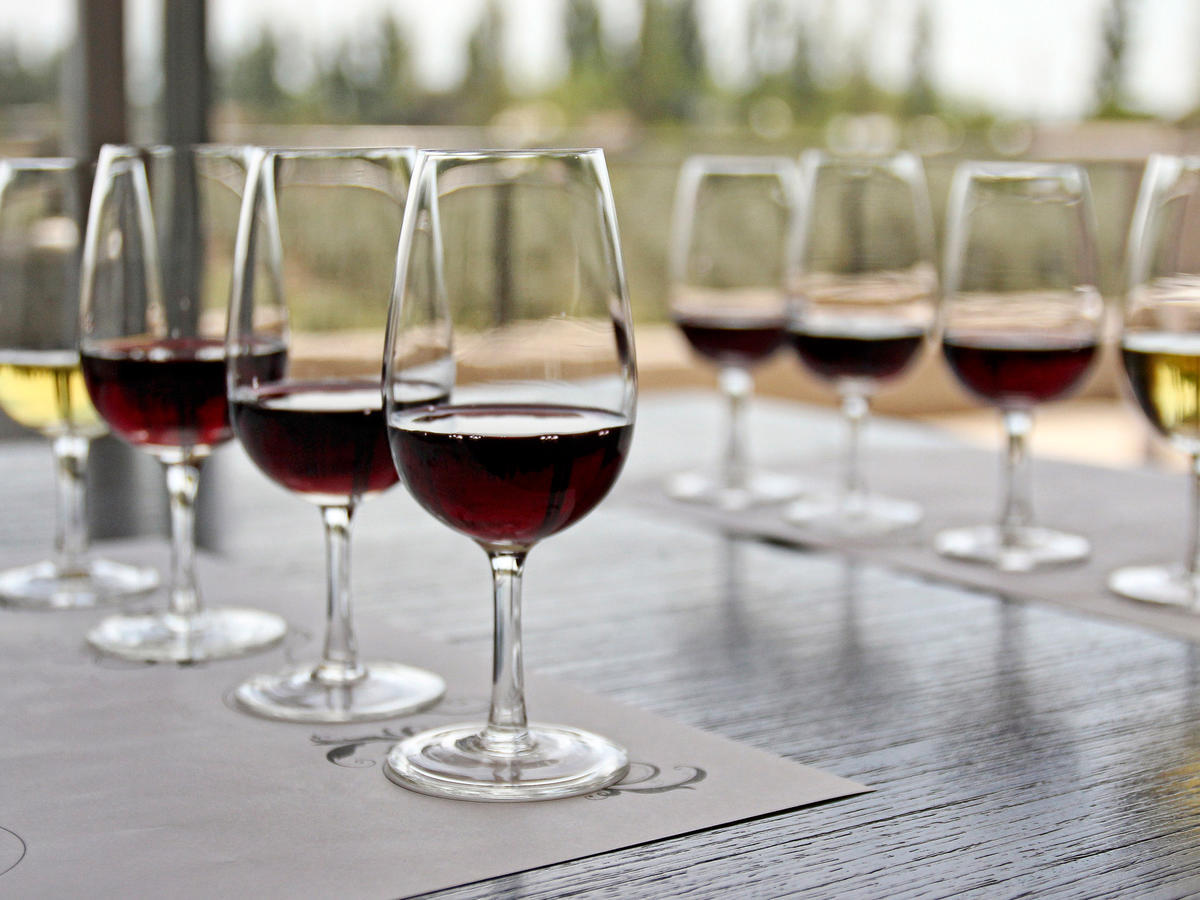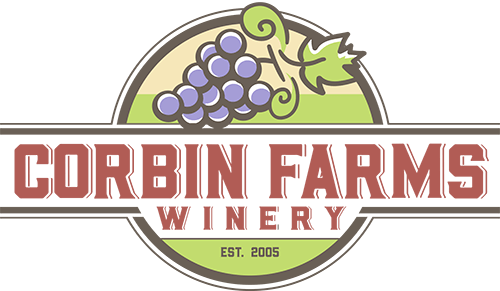
12 Feb Wine Tasting Engages Your Brain More Than Any Other Behavior, Says Neuroscientist
It’s all about how we create the flavors.
By Mike Pomranz
Any good wine snob knows that, despite the term’s intended negative connotation, the label should really be worn like a badge of honor. Sure, some beer lovers or, even worse, casual wine drinkers might find that snobbery worthy of derision, but they clearly don’t understand the difficulty, dexterity and dedication necessary to reach that level. Thankfully, however, a scientist has finally tossed us wine snobs a life preserver—a Yale neuroscientist nonetheless. In his recently published book, Neuroenology: How the Brain Creates the Taste of Wine, Gordon Shepherd argues that wine tasting actually stimulates your brain more than allegedly highfalutin activities like listening to music or even tackling a complicated math problem. Remember that time you did trigonometry while sipping wine with Beethoven playing the background? That’s basically the closest you’ve ever come to being Albert Einstein.
According to Shepherd, tasting wine “engages more of our brain than any other human behavior.” His book – essentially an oenologic extension of his previous publication, Neurogastronomy: How the Brain Creates Flavor and Why It Matters– delves into this process with extreme detail, from the fluid dynamics of how wine is manipulated in our mouths; to the effect of its appearance, smell and mouthfeel; to the way our brains process and share all that information. He suggests that unlike something like math that utilizes a specific source of knowledge, wine tasting engages us more completely. Speaking to NPR, he explained how even basic steps of wine tasting can be more complicated than they seem. “You don’t just put wine in your mouth and leave it there,” Shepherd said. “You move it about and then swallow it, which is a very complex motor act.”
However, possibly the most complex part of wine tasting—one of Shepherd’s central points and the subtitle of his book—is his argument than when we drink wine, our brains are actually need to create the flavors for us to enjoy. “The analogy one can use is color,” he explained to NPR. “The objects we see don’t have color themselves, light hits them and bounces off. It’s when light strikes our eyes that it activates systems in the brain that create color from those different wavelengths. Similarly, the molecules in wine don’t have taste or flavor, but when they stimulate our brains, the brain creates flavor the same way it creates color.”
It’s a pretty intense philosophy to wrap your head around. However, I will tell you, one time I drank so much wine that all the sights, smells and flavors of wine completely disappeared. So maybe he’s on to something.


No Comments